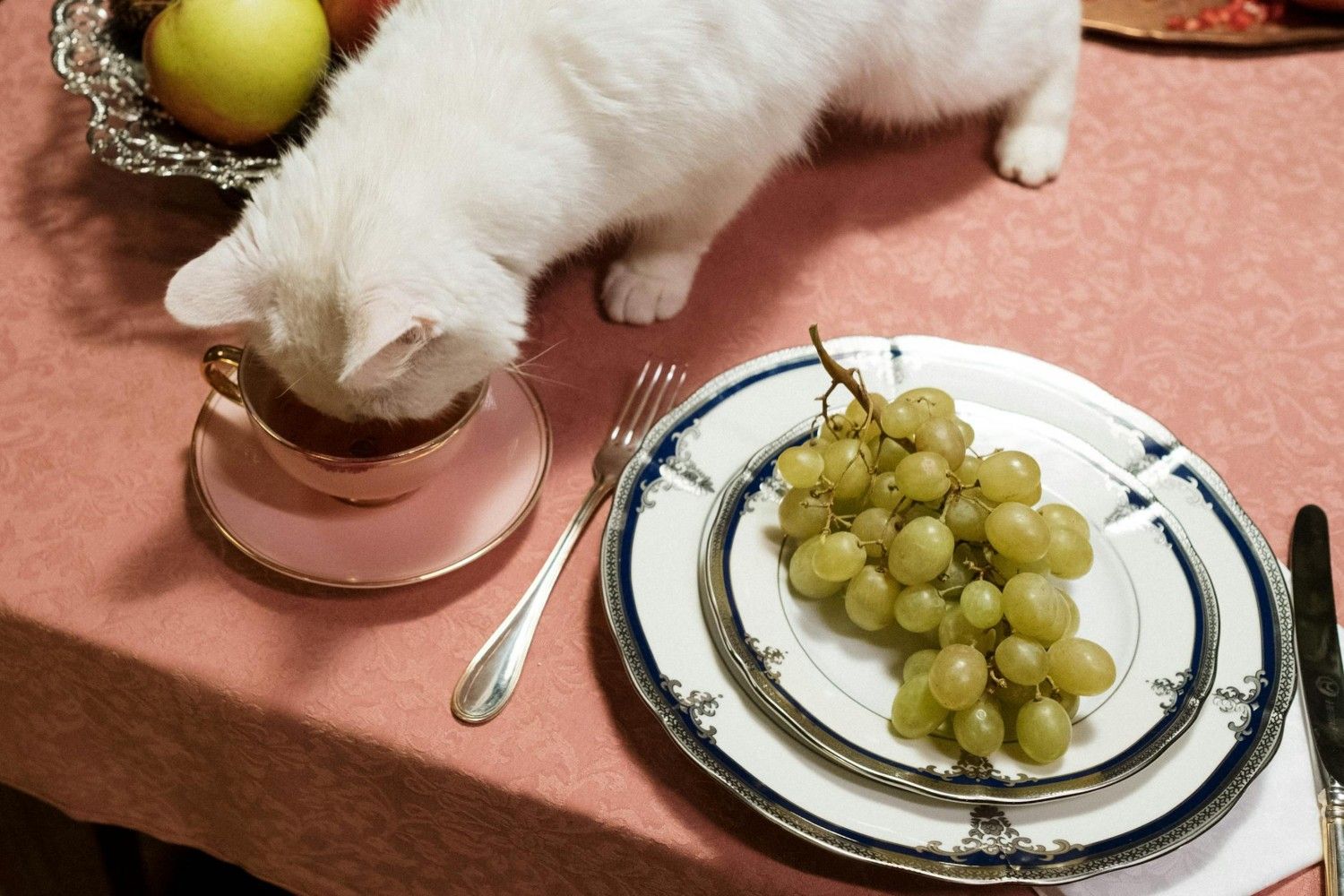
Essential Guide to Pet Nutrition: Diet, Supplements, and More
Understanding pet nutrition is paramount for ensuring the long-term health and vitality of our animal companions. Selecting the correct diet, recognizing beneficial supplements, and knowing which substances to avoid are all critical components of pet care. This article delves into the essentials of pet nutrition, spotlighting healthy diets for dogs and cats, pet nutrition tips, ingredients to shun, and the significance of supplements for pets.
The Foundation of Pet Well-being: Nutrition
Good nutrition stands as the linchpin of optimal health for pets. Providing a diet that's not only balanced but also tailored to their specific needs—considering factors like species, age, level of activity, and health conditions—is essential. A thoughtfully chosen diet can ward off numerous health issues, from obesity to severe chronic diseases.
Crafting Nutritious Diets for Dogs and Cats
For dogs, a nutritious diet is one that harmoniously combines proteins, fats, fibers, essential vitamins, and minerals. Given their omnivorous nature, dogs can thrive on a diet enriched with both high-quality animal proteins and beneficial plant-based ingredients, ensuring a comprehensive nutrient intake.
Cats, with their distinct carnivorous dietary requirements, demand diets rich in proteins and minimal in carbs. They need specific nutrients like taurine, exclusively found in animal products, underscoring the need for a meat-based diet to maintain their health and energy.

Steering Clear of Detrimental Pet Food Ingredients
The pet food market varies widely, and certain products include components that could potentially detract from your pet's health. Artificial additives, such as colors and flavors, along with preservatives, should be avoided as they can trigger allergic reactions or contribute to health problems. Similarly, fillers like corn and wheat, which provide minimal nutritional benefit, can lead to unwanted weight gain and digestive issues.
The Role of Supplements in Pet Nutrition
Though a well-rounded diet typically supplies the necessary nutrients for your pet, specific health scenarios or dietary insufficiencies might necessitate the addition of supplements. These may range from omega-3 fatty acids, which enhance skin and coat condition, to probiotics that support gut health, or joint-supporting substances like glucosamine. It's imperative to consult a veterinary professional before incorporating any supplements into your pet's diet to ascertain their appropriateness and safety.
Mastering Pet Food Labels
The ability to decipher pet food labels is an invaluable skill for pet owners, empowering them to make informed dietary choices for their pets. Opt for products that prominently list real, high-quality protein sources at the beginning of the ingredient list and that are transparent about the specific types of meat included. It's also critical to ensure that the chosen food adheres to the nutritional guidelines set by esteemed entities like the AAFCO.
Conclusion
Mastering the intricacies of pet nutrition is a powerful way for pet owners to positively influence their pets' health and well-being. By judiciously selecting the right foods, understanding when supplements are beneficial, and identifying harmful ingredients, pet owners can lay the groundwork for their furry friends' healthy, happy lives. The essence of good pet nutrition lies in meeting each animal's unique dietary needs, thus paving the way for their thriving existence.





